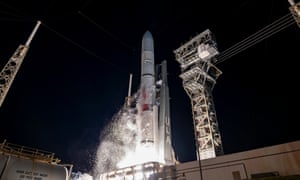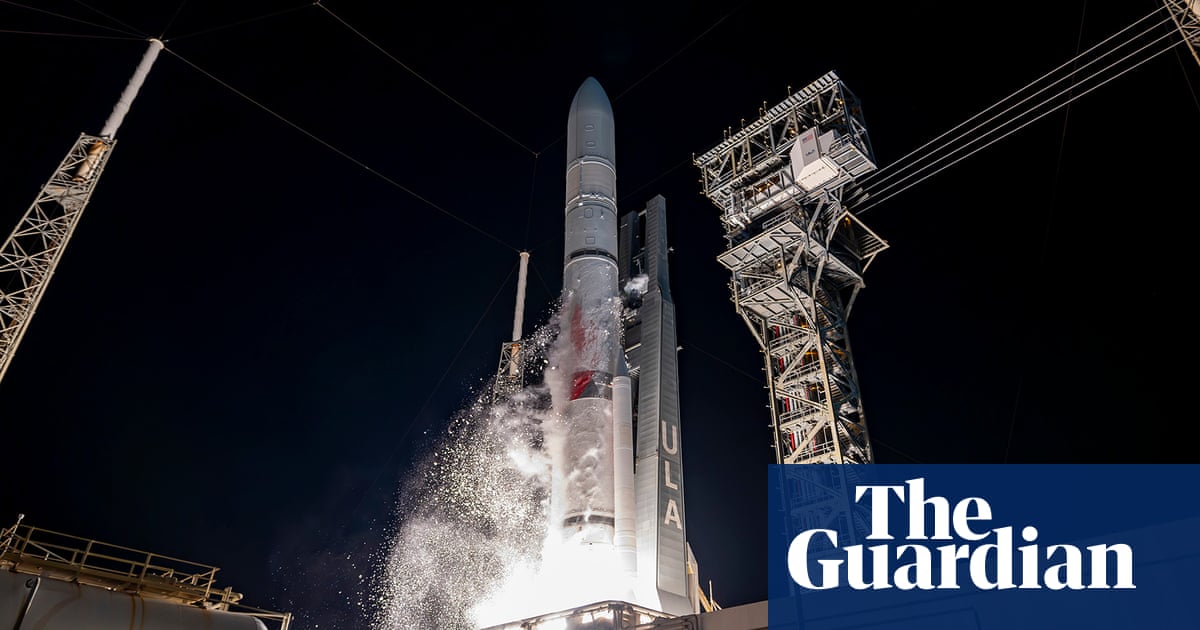Robin McKie is the science editor of the Observer. Over the last 42 years, he’s covered everything from advances in genetics and new discoveries in physics to the urgent scientific issues raised by the Covid pandemic. But one topic excites him more than any other: space – and, more specifically, the moon.
He tells Michael Safi how the first crewed mission to the moon in 1969 captured the imagination of his generation and why the modern-day missions are something to be newly excited by.
In 1969, it seemed obvious that regular lunar missions would be not only possible but likely. Yet no person has stepped on the surface of the moon since 1972.
This month there was hope that the Vulcan Centaur rocket launched from Cape Canaveral in the US would release the Peregrine spacecraft safely on to the lunar surface. But a fuel leak means there is now no chance of that.
Today, if all goes to plan, Japan will land an uncrewed craft on the surface of the moon. But despite decades of scientific advances since the early Apollo missions, McKie explains why landing on the moon seems as difficult as ever.

Photograph: ULA/PA
Support The Guardian
The Guardian is editorially independent.
And we want to keep our journalism open and accessible to all.
But we increasingly need our readers to fund our work.

